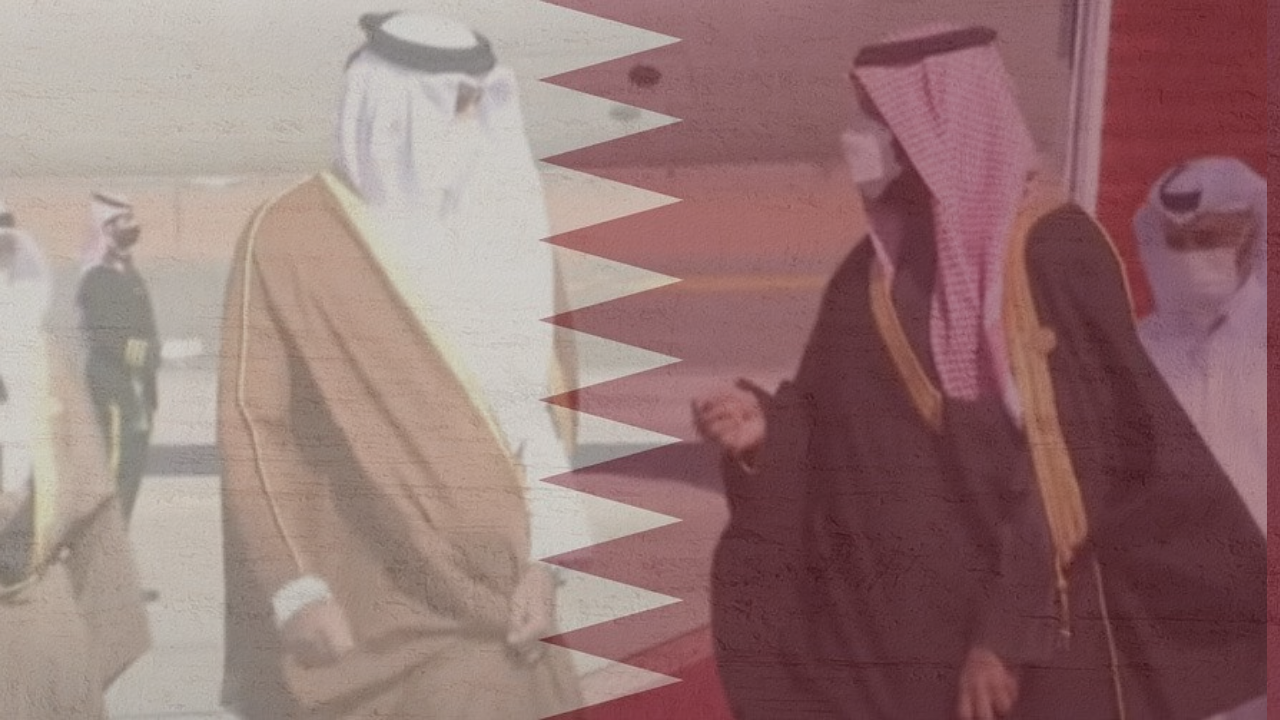The recently concluded Qatar-Saudi deal to end the blockade on Qatar has once again changed the equation and calibration of peace in the Middle East. There are those naysayers who believe the deal was concluded in time for a potential Biden administration, but that is improbable.
Remember the embargo on Qatar was led by Saudi Arabia and the other Gulf States precisely because of Qatar’s connections to Iran and its funding of the Muslim Brotherhood.
A Biden administration that is ready to cozy up to the Mullah’s in Iran would elicit a continuing of the present Saudi led embargo.
Most likely, Qatar has realized which way the wind is blowing in the Middle East when it comes to their Sunni friends. Qatar’s strength has always come from its ability to play all sides – the embargo proved to its leadership in Doha that this strategy is no longer an option.
Qatar Wants In On A Potential UAE-Israel Pipeline
With a reported pipeline between the UAE and Israel in the works, Qatar’s reliance and drive to build one with Turkey has now become obsolete. The main reason for its support for Turkey’s pro ISIS policies during Obama’s tenure was due to the building of this joint Turkey-Qatar pipeline.
Without the ability to build a secure pipeline and the UAE-Israel potentially being far more lucrative, Qatar has less reasons to hold back from returning to the Sunni block.
True, Biden’s team views things differently and this is the reason for Qatar’s decision to pick sides now. With the White House’s foreign policy potentially being run through Beijing, Qatar’s historic “neutrality” in the region is not longer relevant after Jan. 20th.
A Different Middle East – New Opportunities
President Trump’s team has left the region in a very different situation. The Muslim Brotherhood is fast being pushed out after the signing of the Abraham Accords and with it Qatar’s reason and ability to push against its Sunni neighbors and more importantly Israel.
Qatar’s choice to rejoin the Saudi led block also means that it accepts the centrality and necessity of Israel’s role within that block. Biden can certainly try to partner with Iran. However, the block’s strength is its ability to utilize Israel’s innovation economy, military prowess, and geopolitical connections around the world to sidestep a hapless Biden administration and a rising China without losing ground to Iran.
Qatar’s growing communication with Israel concerning Gaza has also made it less obstinate in dealing with the Jewish state on other issues. It also has a working relationship with Jerusalem and will now benefit from the Abraham Accords in an indirect way.
The Qatar-Saudi deal may appear to have come out of nowhere, but it needed to be done before Biden takes over in order to ensure that Iranian influence does not pollute the negotiations. Qatar wants to keep its revenues rising and influence steady and sees the Sunni block as the key to doing it.
This agreement will make it harder for Biden and company to push for rejoining the already broken Iran nuclear deal. More than that, it is a message for China who recently upgraded their military pact with Iran, that the Abraham Accords and the Sunni block will not be broken up.





